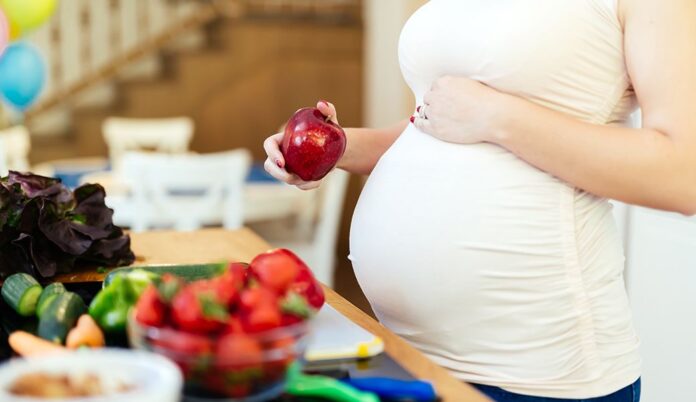Pregnancy is a time of significant physical and emotional changes, and proper nutrition plays a crucial role in supporting the health of both the mother and the developing fetus. In this article, we’ll explore the importance of nutrition during pregnancy, what foods to eat, and what to avoid to support a healthy pregnancy.
Why Is Nutrition Important During Pregnancy?
During pregnancy, the body goes through significant changes to support the growth and development of the fetus. Proper nutrition is essential to ensure that the mother and baby receive the necessary nutrients to support these changes.
Inadequate nutrition during pregnancy can lead to a range of negative outcomes, including:
– Low birth weight
– Premature birth
– Birth defects
– Maternal anemia
– Preeclampsia
– Gestational diabetes
– Postpartum depression
What to Eat During Pregnancy
A balanced and varied diet is essential to support a healthy pregnancy. Some of the key nutrients that pregnant women need include:
1. Protein – Protein is essential for the growth and development of the fetus. Good sources of protein include lean meats, poultry, fish, beans, and tofu.
2. Iron – Iron helps to build red blood cells, which are essential for delivering oxygen to the fetus. Good sources of iron include lean meats, poultry, fish, beans, and fortified cereals.
3. Calcium – Calcium is essential for the development of strong bones and teeth. Good sources of calcium include dairy products, leafy greens, and fortified cereals.
4. Folic acid – Folic acid is essential for the development of the neural tube, which forms the baby’s brain and spinal cord. Good sources of folic acid include leafy greens, fortified cereals, and supplements.
5. Omega-3 fatty acids – Omega-3 fatty acids are essential for the development of the baby’s brain and eyes. Good sources of omega-3s include fatty fish, such as salmon and tuna, as well as nuts and seeds.
What to Avoid During Pregnancy
In addition to eating a balanced and varied diet, there are some foods and substances that pregnant women should avoid to support a healthy pregnancy. These include:
1. Alcohol – Alcohol can cause birth defects and developmental delays, so it’s best to avoid it during pregnancy.
2. Caffeine – While moderate caffeine intake is generally safe during pregnancy, excessive caffeine consumption has been linked to an increased risk of miscarriage and low birth weight.
3. Raw or undercooked meat – Raw or undercooked meat can contain harmful bacteria that can cause foodborne illness.
4. Certain types of fish – Some types of fish, such as shark, swordfish, and king mackerel, can contain high levels of mercury, which can be harmful to the developing fetus.
5. Unpasteurized dairy products – Unpasteurized dairy products can contain harmful bacteria that can cause foodborne illness.
Conclusion
Proper nutrition is essential for a healthy pregnancy and the development of a healthy baby. Pregnant women should aim to eat a balanced and varied diet that includes plenty of protein, iron, calcium, folic acid, and omega-3 fatty acids. They should also avoid alcohol, excessive caffeine, raw or undercooked meat, certain types of fish, and unpasteurized dairy products.
If you’re pregnant, be sure to consult with your healthcare provider to determine the best nutrition plan for your needs. With the right nutrition and care, you can support a healthy pregnancy and give your baby the best possible start in life.
Sources:
– “Nutrition During Pregnancy” by American College of Obstetricians and Gynecologists
– “Pregnancy and Nutrition” by March of Dimes
– “Healthy Pregnancy: Foods to Avoid” by Mayo Clinic
– “Folic Acid” by Centers for Disease Control and Prevention
– “Omega-3 Fatty Acids” by American Pregnancy Association.



